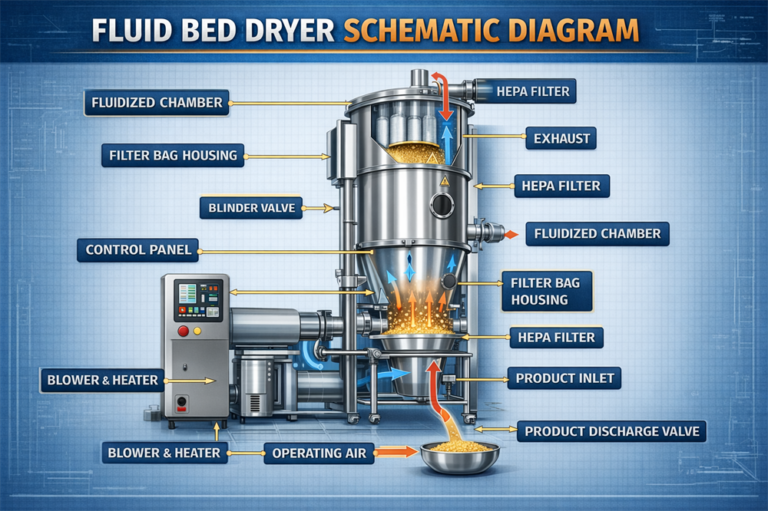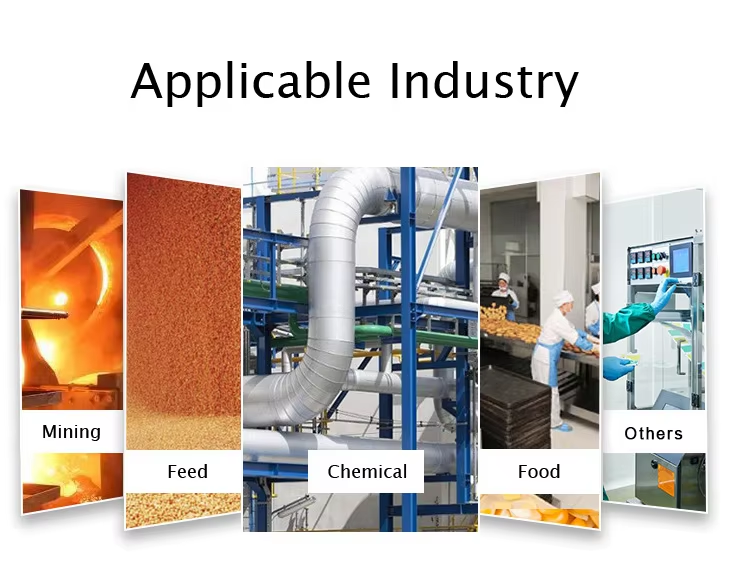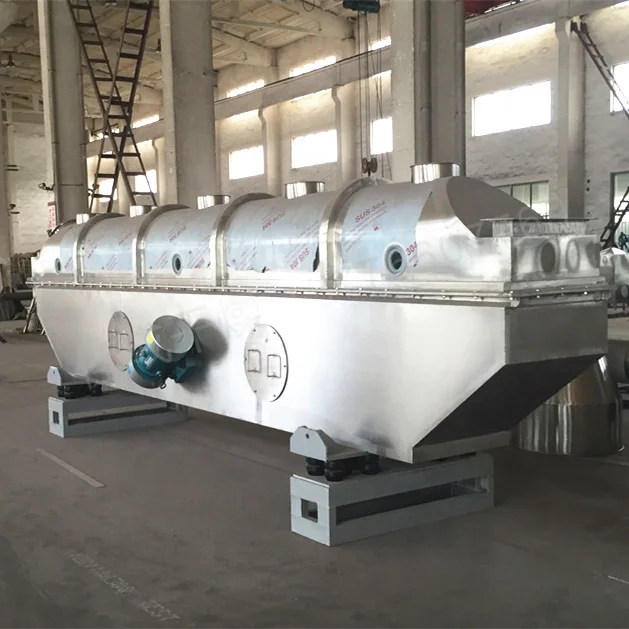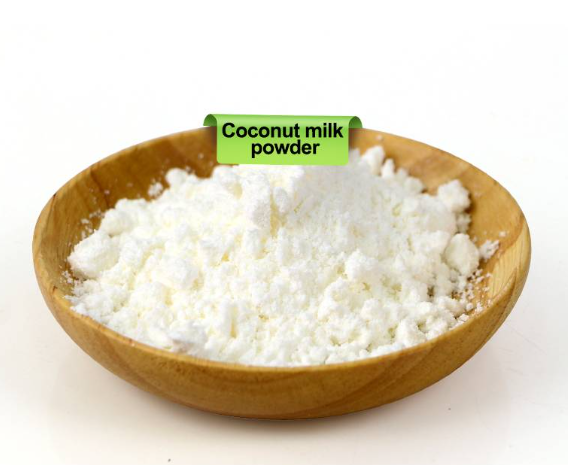How to Choose the Best Egg Powder Making Machine for Your Business

Looking for the right egg powder making machine can feel overwhelming. The right choice boosts your business efficiency and helps you make more profit. Take a look at how different machine types can shape your results:
Machine Type | Advantages | Considerations |
|---|---|---|
Automatic Machines | Higher efficiency, great for high volume operations | Higher initial cost, best for bigger businesses |
Semi-Automatic Machines | Affordable, cost-effective for smaller operations | Limited automation, may not meet high volume demands |
Most business owners focus on a few key points when making a decision:
Invest in quality equipment
Monitor market trends
You want a solution that matches your goals and fits your budget. Let’s break down what matters most so you can pick the perfect fit.
Key Takeaways
Identify your production needs before choosing a machine. Consider how many eggs you plan to process each hour to select the right capacity.
Choose a machine that meets your product quality goals. Different egg powders have unique requirements, so ensure your machine can handle the types you want to produce.
Plan your budget carefully. Include all costs, such as purchase price, running expenses, and maintenance, to understand the total cost of ownership.
Look for machines with high efficiency and automation features. These can save you time and reduce labor costs, making your operations smoother.
Check for certifications and supplier support. A reliable supplier with good service can help you avoid issues and ensure your machine runs well.
Define Your Business Needs

Choosing the right egg powder making machine starts with understanding what your business really needs. Let’s break it down step by step.
Production Capacity
First, think about how many eggs you want to process each hour. This number will help you decide if you need a small setup or a large, automated system. If you run a small bakery or a local food business, you might not need a huge machine. But if you plan to supply egg powder to many clients or grow your business, you’ll want a machine that can keep up.
Here’s a quick look at how production scale can change your options:
Process Type | |
|---|---|
Skilled Worker | 500 – 800 |
Automated Machine | 18,000 |
You can see that an automated egg powder making machine handles much more than manual labor. If you expect your business to grow, it’s smart to choose a machine that can handle more eggs than you need right now. This way, you won’t have to upgrade too soon.
Tip: Always plan for a little extra capacity. It’s better to have room to grow than to get stuck with a machine that’s too small.
Product Types & Quality
Next, decide what kind of egg powder you want to make. Do you need whole egg powder, just egg whites, or only yolks? Each type has its own uses and quality needs. Here’s a table to help you compare:
Nutritional Profile | Culinary Uses | |
|---|---|---|
Whole Egg Powder | High in protein, vitamins A, D, B-vitamins, iron | Baking, sauces, general cooking |
Egg Yolk Powder | Rich in vitamins, essential fatty acids | Mayonnaise, ice cream, sauces |
Powdered Egg Whites | High in protein, low in fat and carbs | Meringues, royal icing, angel food cake |
If you want to offer more than one type, look for a machine that can separate eggs and handle different products. Also, pay attention to quality standards. Many buyers look for products made under strict rules, like ISO 17034, which shows your egg powder meets international requirements.
Standard | Description |
|---|---|
ISO 17034 | Produced in accordance with internationally recognized requirements for the development and production of reference standards and for the competence of reference standard manufacturers. |
Note: High-quality products help you stand out in the market and build trust with your customers.
Budget Planning
Now, let’s talk money. You need to think about both the cost to buy your egg powder making machine and the money you’ll spend to keep it running. Here’s what you should include in your budget:
Capital Investment: Money for land, site prep, and building.
Equipment Costs: The price of the machine itself, which depends on how big and advanced it is.
Raw Material Expenses: The cost of eggs. Long-term deals with suppliers can help keep prices steady.
Infrastructure and Utilities: Bills for water, electricity, and other basics.
Operational Costs: Wages, repairs, and following safety rules. Making your process more efficient can save money here.
A good budget plan looks at all these costs. You should also figure out how much money you expect to make, what you’ll spend, and when you’ll break even. This helps you get loans and plan for the future.
Tip: Don’t just look at the price tag. Think about how much you’ll spend over time and how quickly your investment will pay off.
By matching your machine to your production needs, product goals, and budget, you set your business up for success. Take your time with this step. The right choice now will save you headaches later.
Egg Powder Making Machine Types

Choosing the right egg powder making machine means understanding the different technologies out there. Each method has its own strengths and works best for certain business sizes.
Processing Methods
You will find several main drying methods in the market. Here’s a quick look at how they work:
Drying Method | Description |
|---|---|
Pasta drying | Heats egg mixture at low temperature to remove moisture. |
Atomization spray drying | Sprays egg mixture under pressure and high heat for controlled quality. |
Freeze-drying | Freezes product, then removes water in a vacuum for better stability. |
Vaporization spray drying | Dries eggs below 60°C to get a smooth, even powder. |
Mechanical vs Thermal drying | Mechanical (spray drying) uses machines to control powder size and density. |
Most businesses choose spray drying or freeze-drying. Each method fits different needs and budgets.
Spray Drying vs. Freeze-Drying
Let’s compare the two most popular options:
Spray drying is fast and energy efficient. It works well for large batches and keeps costs low. Most egg powder making machines use this method because it is reliable and easy to scale up.
Freeze-drying gives you the highest product quality. It keeps more nutrients and works best for heat-sensitive products. However, it costs more and uses more energy. You might pick this if you want to sell premium egg powder.
Did you know? Spray-dried powder makes up over 85% of the market in 2024. Freeze-dried powder is growing fast because of its quality.
Egg Separation Features
If you want to make egg yolk powder or egg white powder, you need a machine with good separation features. Look for these key points:
Feature | Description |
|---|---|
Efficiency | High-speed separation to reduce waste and boost yield. |
Precision | Accurately separates whites, yolks, and shells. |
Hygiene Standards | Stainless steel parts for easy cleaning and food safety. |
Temperature Control | Keeps the right temperature to protect nutrition. |
Success Rate | Many machines reach a 99% separation rate. |
A modern egg powder making machine can help you create high-quality products with less waste and more profit.
Key Features to Compare
When you shop for an egg powder making machine, you want to look at more than just the price tag. The right features can save you money, time, and headaches down the road. Let’s break down the most important things to compare.
Capacity & Efficiency
Capacity tells you how much egg powder you can make each day. Efficiency shows how well the machine turns eggs into powder without wasting energy or raw materials. If you plan to grow your business, a higher capacity machine helps you keep up with bigger orders. Some machines can process up to 50,000 eggs daily and produce about 700 kg of fine egg powder. This kind of output lets you scale up fast and meet more demand.
You should also check the key performance indicators. These numbers help you see how well a machine works:
Key Performance Indicator | Description |
|---|---|
Powder Yield Percentage | How much powder you get from each batch of eggs. |
Moisture Content Consistency | Keeps your powder dry and shelf-stable. |
Solubility Index | Shows how well the powder mixes into liquids. |
Bacterial Count Reduction Efficiency | Tells you how well the machine kills germs. |
Energy Consumption per kg | Measures how much energy you use for each kilogram. |
A machine with high yield and low energy use gives you better profits. You also want powder that dissolves easily and stays fresh longer.
Tip: Higher capacity and efficiency mean you can make more product with less waste. This helps your business grow and keeps costs down.
Automation & Usability
Automation makes your life easier. You can choose from manual, semi-automatic, or fully automatic machines. Here’s how they compare:
Automation Level | Description | Usability Impact |
|---|---|---|
Manual Machines | Need someone to watch and run them all the time. Good for small batches. | More work for you, less steady results. |
Semi-Automatic Systems | Mix some hand work with some machine help. | Easier for small to medium businesses. |
Fully Automatic Lines | Do almost everything on their own, with features like auto-feeding and alerts. | Less work for you, great for big operations. |
User-friendly features matter, too. Look for machines with:
Feature | Description |
|---|---|
Automatic Grade | Runs by itself, so you don’t have to do much. |
Ease of Operation | Simple controls that anyone can learn fast. |
Comprehensive After-Sales Service | Help with repairs and questions, so you’re never stuck. |
If you want to spend less time training workers or fixing problems, pick a machine that’s easy to use and comes with good support.
Hygiene & Maintenance
Food safety is a big deal. Your egg powder making machine must meet strict rules set by the USDA. Look for machines built to E-3-A and 3-A Sanitary Standards. These rules make sure every part is easy to clean and safe for food. You should be able to take the machine apart for deep cleaning. Keep good records of your cleaning schedule to show you follow the rules.
You also need a Hazard Analysis and Critical Control Points (HACCP) plan. This means you check for risks, make a step-by-step chart of your process, and have a plan if something goes wrong. Keeping records helps you prove you’re doing things right.
Maintenance matters, too. Some machines run with low vibration, so they last longer and cost less to fix—sometimes saving you up to $5,000 a year. Automatic controls let you check on the machine from a distance and make repairs easier. Compact designs save space and can cut your setup costs by $3,500 or more.
Note: Easy-to-clean machines and smart designs keep your product safe and your costs low.
Energy Use
Energy costs can eat into your profits if you’re not careful. The amount of power your machine uses depends on the drying method, size, and settings. Most machines use between 5 kW and 1,000 kW. Spray dryers usually use more electricity than drum dryers, which might use steam instead.
Some newer machines have heat recovery systems and variable frequency drives (VFDs). These features help you save energy and money. If you want to keep your bills low, look for energy-efficient models.
Energy use changes with the type of machine and how you run it.
Machines with smart energy features can lower your monthly costs.
Picking the right model helps you get more powder for every dollar you spend.
Callout: Choosing a machine with low energy use and easy maintenance means you’ll spend less over time and get a better return on your investment.
When you compare machines, focus on these features. They make a big difference in how much you earn, how easy your job is, and how safe your product stays.
Quality & Supplier Reputation
Choosing the right egg powder making machine is not just about features and price. You also want to make sure your machine meets top food safety standards and comes from a supplier you can trust. Let’s look at what matters most.
Certifications & Compliance
Food safety is a big deal in the egg powder business. You want your machine to meet strict rules so your product is safe and your business stays out of trouble. Here are some important certifications you should look for:
3-A SSI: This one checks if the equipment is easy to clean and safe for food.
NSF International: Makes sure your machine meets food safety and hygiene standards.
HACCP: Helps you spot and fix food safety risks before they become problems.
ISO 22000: Shows your business follows international food safety rules.
USDA Grade: Proves your eggs meet quality standards.
SQF: Recognized around the world for food safety and quality.
BRCGS: Sets high standards for food safety and management.
FSSC 22000: Another strong certification for food safety systems.
Tip: Machines with these certifications help you win customer trust and open doors to bigger markets.
Supplier Support & Warranty
A good supplier stands by their product and helps you when you need it. Before you buy, check what kind of support and warranty the company offers. Here’s what top suppliers usually provide:
Feature | Details |
|---|---|
Warranty | One year coverage for your machine. |
Service Offerings | Help with installation, setup, and training for your team. |
Maintenance Support | Lifelong help with repairs, including sending engineers if you need them. |
Complimentary Accessories | Free replacement parts during the warranty; after that, you pay only the cost price. |
You want a supplier who answers your questions, helps you fix problems fast, and keeps your machine running smoothly. This kind of support saves you money and stress in the long run.
Note: A reliable supplier with strong support means less downtime and more peace of mind for your business.
Cost & ROI
Choosing the right egg powder making machine means thinking beyond the sticker price. You want to know what you’ll spend over the years and how quickly you’ll earn your money back.
Total Cost of Ownership
When you look at the total cost, you see more than just what you pay upfront. Here’s a table to help you break it down:
Factor | Description |
|---|---|
Initial Purchase Price | What you pay to buy the machine. |
Running Costs | Money spent on energy and materials each day. |
Maintenance and Repair | Costs for fixing and keeping the machine in shape. |
Downtime Risks | Losses if the machine stops working. |
Ease of Use | How simple it is to run, which affects training costs. |
Engineering Quality | How well the machine is built and how long it lasts. |
Life Expectancy | How many years you can use the machine before replacing it. |
Future Proofing | Can the machine handle new tech or changes in your business? |
Tip: A machine with a higher price might save you money in the long run if it uses less energy or needs fewer repairs.
Demo & Reference Checks
Before you buy, always ask for a demo. Watch the machine in action. See if it fits your needs. You should also check the supplier’s background. Here’s what to look for:
Suppliers with ISO 9001 and CE certifications.
At least 5 years of experience in food machinery.
Use of stainless steel (grade 304/316L).
Factory audits for quality.
Test results for powder yield and moisture.
Material certifications and real client feedback.
Note: Good references and a live demo help you avoid surprises after you buy.
Making the Final Choice
You can use a simple checklist to help you decide:
Check if the machine meets your production needs.
Make sure it fits your workspace.
See if the price matches your budget and goals.
If you follow these steps, you’ll pick a machine that helps your business grow and keeps your costs under control.
You now have a clear path to pick the best egg powder making machine. Here’s a quick checklist to guide you:
Know your production needs and budget
Compare machine types and features
Check certifications and supplier support
Review total costs and ask for demos
You’ve got this! Take your time, trust your research, and choose the machine that helps your business grow.
FAQ
What is the best way to clean an egg powder making machine?
You should clean your machine after every use. Remove all parts that touch eggs. Wash them with hot water and food-safe cleaner. Dry everything before you put it back together. This keeps your product safe.
How long does egg powder last after processing?
Egg powder can last up to 12 months if you store it in a cool, dry place. Use airtight containers to keep out moisture. Always check the expiration date on your packaging.
Can I process both whole eggs and separated yolks/whites with one machine?
Many modern machines let you switch between whole eggs, yolks, and whites. Look for models with egg separation features. This gives you more product options for your business.
Do I need special training to operate these machines?
Most suppliers offer training when you buy a machine. You can learn basic operation in a few hours. Some machines have simple controls and clear instructions. If you get stuck, support teams can help.





